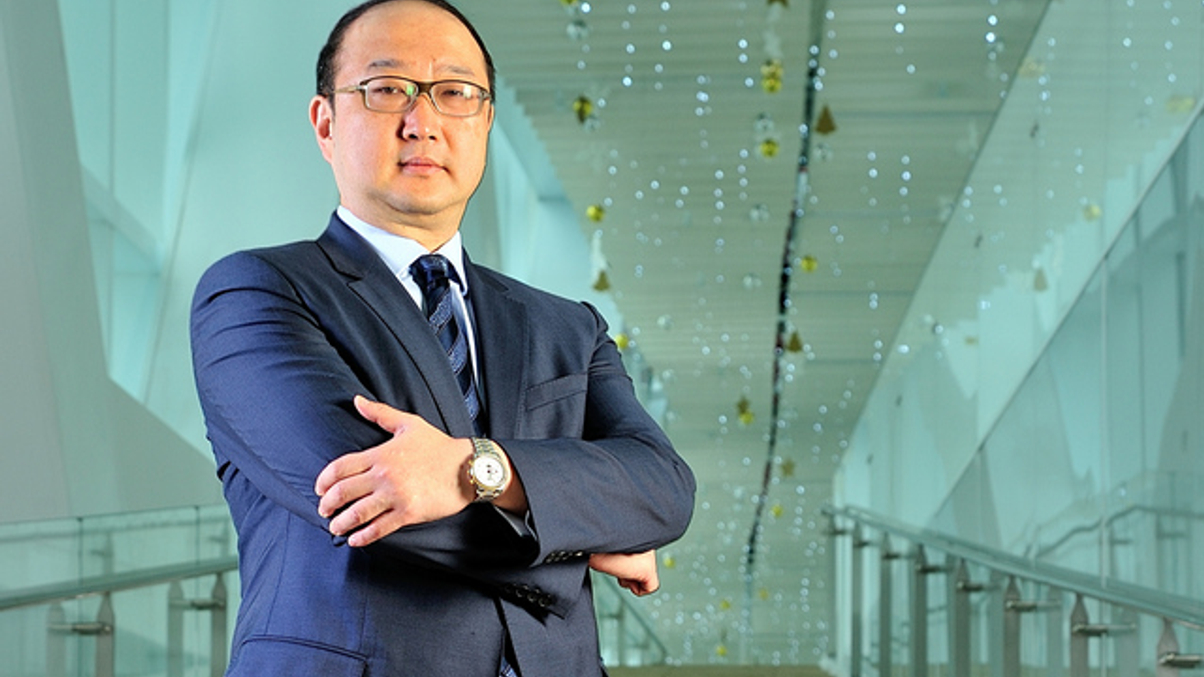Taiwan Life to double alternatives allocation
The Taipei-based insurer, with $35 billion under management, plans to make its first moves into private equity co-investment and foreign property.

Taiwan Life plans to double its exposure to alternative assets this year, including making its first moves into private equity co-investments and foreign property, in light of widespread negative interest rates on bonds and high global stock valuations.
Sign in to read on!
Registered users get 2 free articles in 30 days.
Subscribers have full unlimited access to AsianInvestor
Not signed up? New users get 2 free articles per month, plus a 7-day unlimited free trial.
¬ Haymarket Media Limited. All rights reserved.


